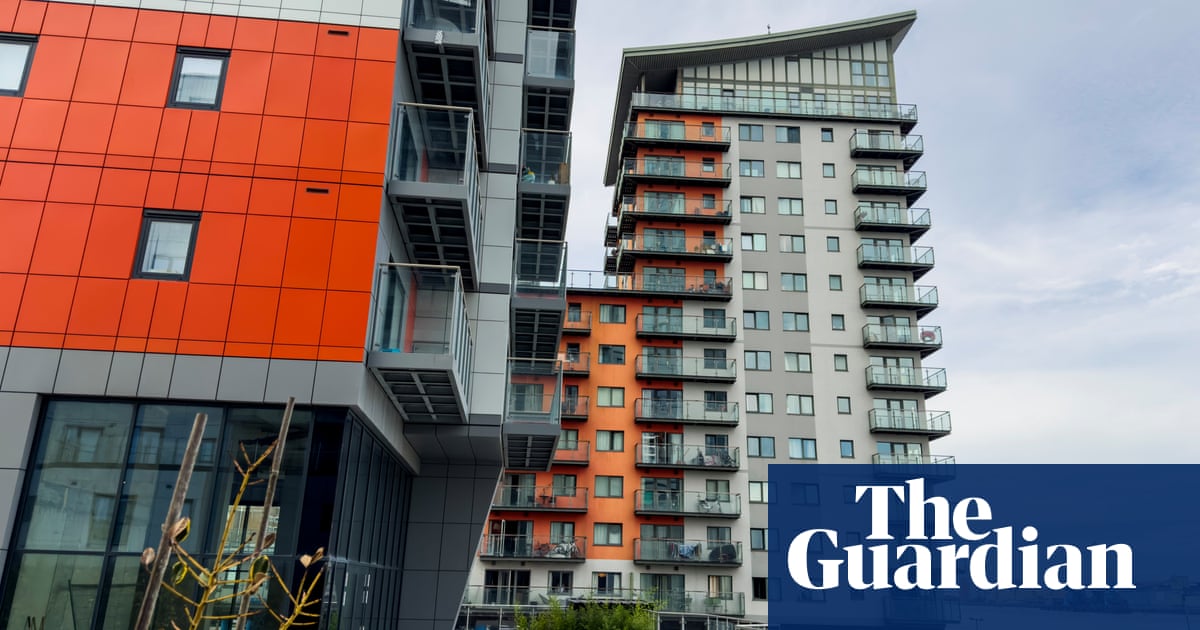
For years, Israelis — especially the liberal and left-leaning among them — have been accused of being apathetic and leaving political activism to the more nationalistic and religious-minded. However, in light of their government’s failure to prevent a second wave of the coronavirus disease (COVID-19) pandemic with its devastating consequences, their prime minister being tried on corruption charges, and the dangerous and utterly irresponsible folly of the annexation idea, these elements in Israeli society are at last finding their voice again. There are now almost daily demonstrations in front of Prime Minister Benjamin Netanyahu’s official residence, with people calling for his resignation, along with similar protests in other cities and towns.
It is hard to believe that Israel’s leader has not already admitted to himself that his time in office is up and the curtain will be coming down sooner rather than later. The only remaining issue is how much longer he will continue to drag Israel down the path of deepening divisions and political instability, while heading a paralyzed government at a time when the country urgently needs exactly the opposite kind of leadership. Israel needs a government that is on top of halting the pandemic’s progress, will embark on a massive economic recovery plan to deal with the devastating trail of destruction left in its wake, and will heal the schisms in society, many of which have been cynically exploited by Netanyahu in order to retain his position.
It is no longer possible to discern whether the government’s decision-making machine is working for the good of the country or merely to delay, postpone indefinitely or eventually abandon Netanyahu’s trial altogether. It is almost inevitable, now that the trial judges have scheduled proceedings to resume in January and be held three days a week, that the minds of Netanyahu and his family — all of whom are very much involved in Israeli politics — will be overwhelmingly preoccupied with his struggle for acquittal.
Instead of uniting all the forces in the country to fight the coronavirus, Netanyahu, who despite being a very wealthy man always prefers others picking up the tab for his lavish lifestyle, opened a new front with Attorney General Avichai Mandelblit by asking the court to allow Michigan-based real estate magnate Spencer Partrich to support his legal team to the tune of 10 million shekels ($2.9 million) — a request Mandelblit opposes. Add to this the Knesset’s recent approval of his request that it fund some of the costs of maintaining the family’s private house in the upmarket coastal town of Caesaria, which would normally come from his own pocket under Israeli law, at a time when millions of Israelis are wrestling with debilitating economic hardships due to the pandemic, and the picture of a prime minister who is both shameless and detached from the daily realities of most of the people he was elected to serve becomes way too clear.
In the past, those who demonstrated in front of Netanyahu’s residency in Jerusalem and elsewhere tended to be identified as more left and liberal-leaning Israelis, who also happened to oppose the occupation and the oppression of the Palestinian people. But the increasing numbers of protesters show that a much wider cross-section of Israeli society has now become disillusioned with the prime minister.
The contrast between the ostentatious lifestyle of the Netanyahus, with their expectation that the public pay for it, and the current unprecedented level of unemployment, which is pushing people deeper into poverty as so many small businesses collapse and homes are in danger of being repossessed, has fueled people’s outrage and driven them to take to the streets. Restaurateurs, for example, have become the latest group to join the demonstrations, furious with a government that offers no clarity about how they should operate and that changes the rules almost daily, sometimes even hourly, causing immense financial harm.
There are now many signs of Netanyahu’s dwindling hold on Israeli politics. They chiefly relate to his corruption trial and mishandling of the pandemic, but his dismal track record on longer-term issues such as affordable housing or even preventing Iran from acquiring nuclear capability also indicate that he is failing miserably after more than a decade in power.
If the first phase of the spread of coronavirus was handled responsibly — including closing the country’s borders early on, keeping most people under lockdown and quarantining those who were returning from abroad — then the current second wave, which is having a far greater impact, can be mostly attributed to Netanyahu’s triumphalism and arrogance in the face of the virus. To enhance his standing in the midst of forming a coalition government, Netanyahu declared victory over the coronavirus and threw caution to the wind in rapidly allowing normal life to resume: A move that is now resulting in more than 1,000 infections a day, a severe uptick of those in a serious condition and in need of a ventilator, and a tragic increase in fatalities.
A much wider cross-section of Israeli society has now become disillusioned with the prime minister.
Yossi Mekelberg
Consequently, the prime minister’s approval ratings are rapidly falling, and he has even found himself challenged by legislators from his own Likud party, who are questioning his handling of the pandemic. Furthermore, after many weeks of failure to do so, he has only very recently managed to appoint a coronavirus czar after the position was rejected by a number of high-profile candidates, who realized that they would not be given the necessary power to deal effectively with containing COVID-19, but instead were being set up as a scapegoat should things go wrong.
And now the water cannons are coming out. True to his undemocratic tendencies, early on in the pandemic Netanyahu successfully leaned on his coalition partners to grant the government emergency powers. These powers might also be used to pave the way for him to escape justice. We are already witnessing an increase in police brutality in dealing with the protesters — a situation that may well deteriorate as Netanyahu reaches the end of his political life and drags the country down with him.
Yossi Mekelberg is professor of international relations at Regent’s University London, where he is head of the International Relations and Social Sciences Program. He is also an associate fellow of the MENA Program at Chatham House. He is a regular contributor to the international written and electronic media. Twitter: @YMekelberg
Disclaimer: Views expressed by writers in this section are their own and do not necessarily reflect Arab News" point-of-view











